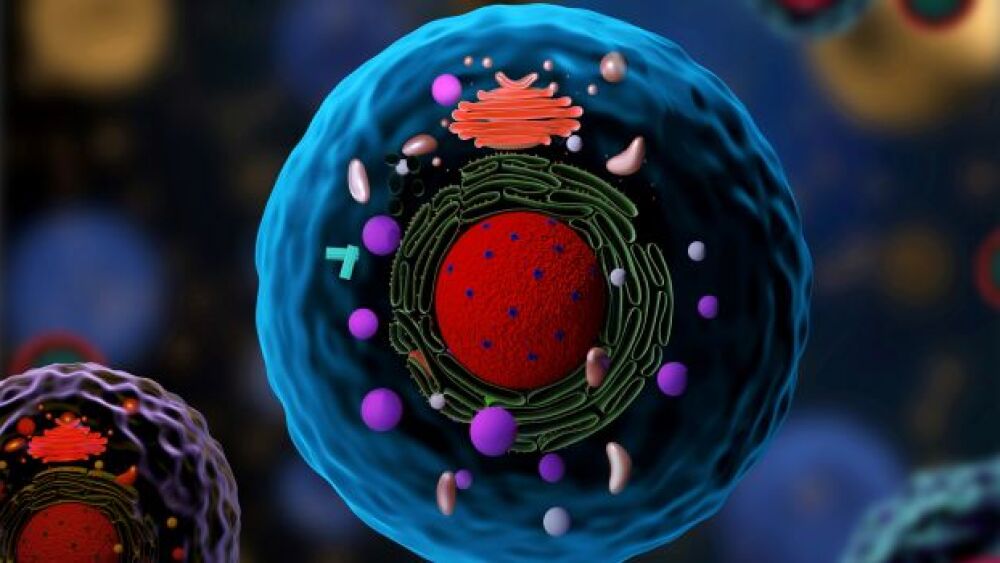Shares of Avrobio were up nearly 20% in premarket trading after the company posted positive clinical data from its gene therapy trials in three different rare lysomal diseases, Fabry, Gaucher type 1 and cystinosis.
Shares of AVROBIO were up nearly 20% in premarket trading after the company posted positive clinical data from its gene therapy trials in three different rare lysosomal diseases, Fabry, Gaucher type 1 and cystinosis.
The data from the Phase II study assessing AVR-RD-01, an investigational ex vivo lentiviral gene therapy for Fabry disease, was particularly promising. This morning, Cambridge, Mass.-based Avrobio said a second kidney biopsy conducted on the first patient dosed with AVR-RD-01 showed 100% clearance of the toxic substrate Gb3.
Kidney substrate reduction is the primary endpoint of the Phase II study and has been a cornerstone for evaluating and approving treatments in Fabry disease, Avrobio noted. Avrobio said the patient came in with significant toxic buildup in his kidneys, which is quite common with Fabry disease. One year after the gene therapy treatment was administered in the trial, two independent pathologists found zero markers of toxic substrate across all the 99 biopsy slides each evaluated.
The first biopsy conducted on the patient showed an 87% clearance of the substrate. In addition to the substrate clearance in the Fabry disease study, AvroBio reported continued strong and durable results in other key metrics across all nine Phase I and Phase II Fabry patients. All patients are now producing the functional enzyme they need to clear toxic substrate from their cells and seeing a concurrent drop in plasma substrate. The farthest patient is out 3.5 years, the company said.
Avrobio Chief Executive Officer Geoff MacKay hailed the data and said it was a thrilling way to begin 2021. The data announced this morning builds on “the breadth of strong clinical data we’ve reported across our leading lysosomal disorder pipeline of single-dose gene therapies,” he added.
The Fabry disease study wasn’t the only positive news from Avrobio. The company also announced six-month data from the first patient dosed in the Phase I/II study of AVR-RD-02, an investigational ex vivo lentiviral gene therapy for Gaucher disease type 1. That data showed plasma chitotriosidase and the toxic metabolite lyso-Gb1, which are key biomarkers of Gaucher disease, had both dropped 49% below the patient’s baseline levels that had been achieved on enzyme replacement therapy (ERT) before gene therapy was administered. Also, Lyso-Gb1, the toxic metabolite that builds up in cells throughout the body in Gaucher, is down 44% below the patient’s ERT baseline. Avrobio said this is an early sign of efficacy.
“Based on the data observed to date, we believe lentiviral gene therapy drives down toxic metabolites below levels of ERT, supporting our view that gene therapy has the potential to prevent, halt or even reverse progression of these devastating diseases with a single infusion,” MacKay said.
For the cystinosis study, Avrobio said three patients who are taking part in the study are now off of standard-of-care treatment. The first study patient has had sharp reductions in crystal density in the eyes and skin and a marked improvement in photophobia, which is an extreme sensitivity to light that is associated with the disease.
“With 13 patients dosed across three clinical programs, we have observed sustained and potentially transformative improvements in key biomarkers and functional metrics, with data from our Fabry disease program out 3 ½ years after dosing. Additionally, enrollment activities for our Fabry disease trial are accelerating, giving us added confidence in our efforts to meet our goal of having dosed a cumulative 30 patients across all our clinical programs by the end of the year. With this strong momentum, we look forward to clarifying the regulatory pathway with regulatory agencies,” MacKay said in a statement.
Full data from the studies will be presented later this week and WORLDSymposium, an annual meeting dedicated to lysosomal disorders.





